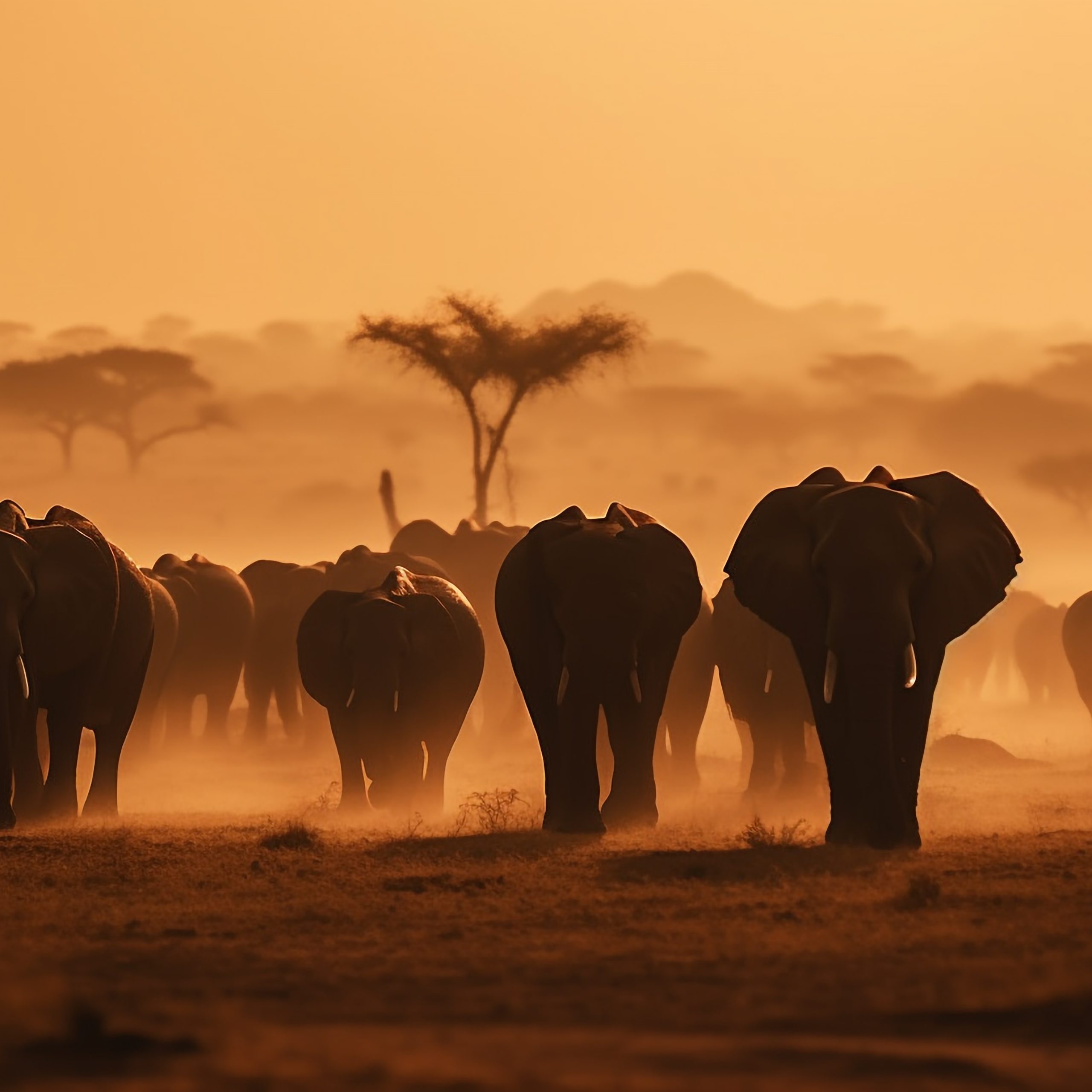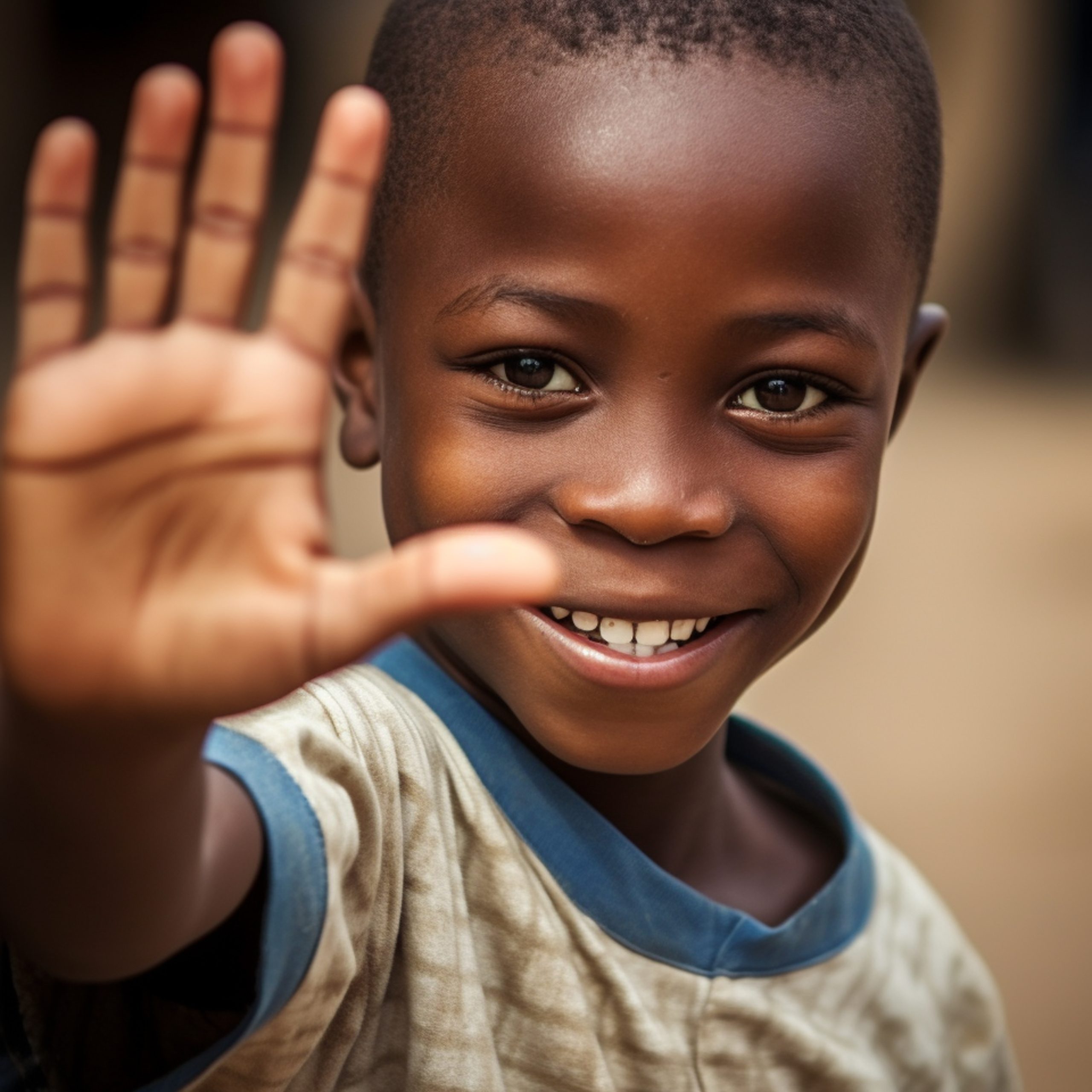At the Brink : The Specter of a THIRD WORLD WAR AND THE GLOBAL Reckoning
Picture a world on the edge of chaos, where history lessons hang in balance, challenging us to forge a new path ahead. Since the end of the Cold War, global stability has been seen as being assured. However, mounting geopolitical tensions now threaten to upend this delicate equilibrium. Western nations are fortifying their defenses, preparing for potential conflicts with powerful rivals like Russia and China. The COVID-19 pandemic, resurgent nationalism, and pivotal electoral shifts are reshaping the international order. In this critical moment, the looming specter of a third world war leaves us with a pressing question—Is this just a shadow on the horizon, or an impending reality?
Our focus extends beyond incremental shifts; we are witnessing ruptures in the very foundation of global relations. From the rise of China as a global power to the resurgence of the historic nemesis of the West. Russia, and the tumultuous theaters in Ukraine, the Middle East, Africa, and beyond, the geopolitical landscape is fraught with tensions that could reshape the world as we know it.
Ronald Temple, chief market strategist at Lazard, said in a global outlook report that,”while predicting the course of any single geopolitical crisis is fraught, what is clear is that the global trajectory is toward more frequent conflicts of increasing consequence”.
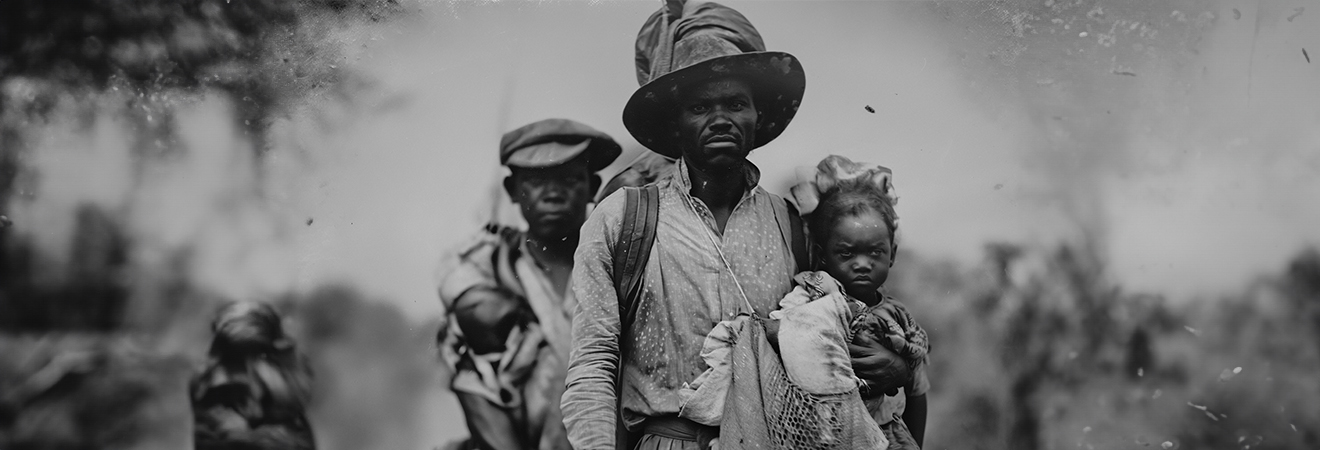
The Rise of the Right-Wing & 2024 is the election year.
Amid these unfolding dramas and growing right-wing sentiment, critical questions arise: What percentage of governments have turned right-wing since 2020, and what could this mean for the world order?
2024 could be a breakpoint year, with influential countries embarking on elections that may pivot the course of global politics. The dialogue here extends from recent escalations to the specific impacts on Africa and the significance of the DRC within this context.
China: A Rising Global Power
China, emerging as a global power, presents its own complex web of challenges. From the Taiwan Strait to the South China Sea and its economic ties worldwide, China’s ascendancy carries profound global implications. The potential for friction and conflict with the United States and its allies underscores the fragility of the current global order.
The Democratic Progressive Party (DPP), which is seen as pro-independence, won the elections over the Kuomintang (KMT), which is more Beijing-friendly. The victory for the DPP may escalate tension due to its stance on a formal declaration of independence, which is a red line for China, undermining the one land policy of China.
In recent years, the US strengthened its ties with key players in the region including Japan, Australia, and Taiwan.
Russia a Historic nemesis of the West
Russia, long a historic nemesis of the West, has seen renewed tensions since the Soviet Union’s dissolution. During the cold war, in some countries in Africa, the two global powers sponsored opposing liberation groups. After a brutal Cold War that had plunged the world into proxy wars from the east to the west, the world came under the US Leadership as the protector of the world and the leader of the development of the world.
Now that conflict has resumed. The world is being divided into two antagonistic blocs. One led by the USA and the other led by Russia and China.
Today, the conflict in Ukraine serves as a flashpoint, drawing in NATO and igniting fears of a wider conflict. The West’s opposition to Russia’s actions and the potential for further escalations have stoked concerns about a global conflagration.
Several countries apart of the NATO military alliance have taken steps to prepare for the chance of the war in Ukraine breaking into other parts of Europe. Biden has also warned of the U.S. being pulled into a direct conflict with Russia if Moscow is successful in its goals in Ukraine, urging Congress in a statement in December to sign off on additional military aid to send to Kyiv.
The defense secretary, Grant Shapps, said that we are “moving from a post-war to pre-war world”..” In the same speech he suggested that in five years’ time the UK could be facing conflict in multiple theaters, including Russia, China, Iran, and North Korea. New YouGov data shows that most Britons are now braced for WW3, with 53% thinking it is likely that there will be another world war in the next 5-10 years. Only 31% of Britons think another global conflict is unlikely within that period, including just 8% who think it is “not at all likely”. British Defense Secretary Grant Shapps said that Britain should prepare for war with China, Russia, Iran, and North Korea in the next five years. Meanwhile, in Dublin Chinese Premier Li Qiang met Irish Taoiseach Leo Varadkar and touted the “huge potential” of deeper economic and trade cooperation between the two countries.
President Volodymyr Zelensky voiced the danger of the Ukraine conflict escalating into World War Three, as he pressed his case for support from many nations, from Germany to the United States, in an interview with German state broadcaster ARD on Sunday. “It seems to me that the Chancellor (Olaf Scholz) is aware of this risk,” Zelensky said, adding that if Russia hit a NATO country, it would be “the beginning of the Third World War.”
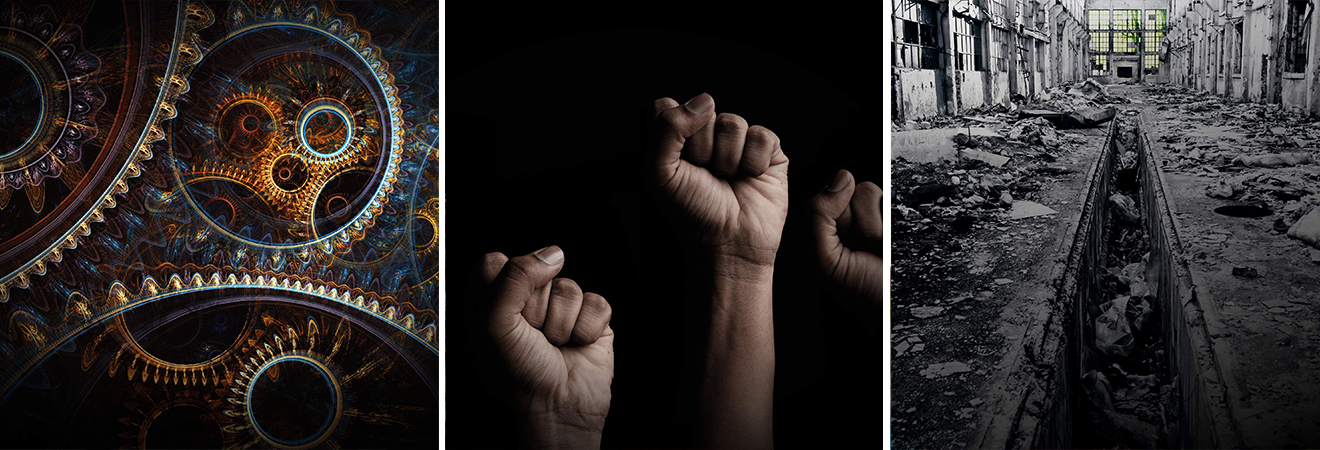
The Enduring Struggle of the Palestinians
The unresolved Israeli-Palestinian conflict stands as a perpetual flashpoint in the Middle East, a region pivotal to global stability due to its vast energy resources and critical shipping routes. The conflict traces back to events 75 years ago, stemming from a civil war between Palestinians and the Zionist movement that caused displacement and expulsion of Palestinians in 1948, with British support.
On October 7th, 2023, a devastating war erupted between Palestinians and Israel. The ongoing war has claimed tens of thousands of lives and has led to the collapse of essential services in the Gaza Strip. After more than 120 days of conflict, the international community has expressed deep concern over the potential escalation of the situation into a broader conflict. Furthermore, the International Court of Justice has recognized Israel’s response as an act of genocide.
The Middle East, recognized as the most “combustible situation,” would have a broader spillover from the Israel-Palestinian conflict into nearby states, including Iran, which could spiral into a regional conflict with global and military implications. The primary risk of this form of escalation would be a disruption of the transit of energy supplies through the Strait of Hormuz, through which around 20% of global oil supply is shipped.
The war has incited responses from regional resistance groups in the region, such as repeated attacks on shipping vessels traveling through the Red Sea by the Houthi rebels based in Yemen and recent missile strikes targeting US bases in Jordan. The United States’ involvement has garnered both support and criticism, with concerns growing about the potential for a wider conflict engulfing the Middle East and beyond. Former CIA Director John Brennan described the deadly attack as a ‘dangerous escalation’ in the Middle East amid the Israel-Hamas war.
Meanwhile, one British MP warned that the escalation in the volatile region also affects the UK, saying that it could become a ‘necessity’ for Britain to get involved. Such concerns come amid fears that the wars in Europe and the Middle East could proliferate into something even larger, with former US president Donald Trump warning on Sunday: ’we are on the brink of World War Three’.
Amid these tensions, there are fears that the conflict could draw in other global powers such as Beijing and Moscow. According to Vlad Şutea, founder and lead analyst at threat casting group T-Intelligence, further distractions in the form of a wider Middle East conflict could benefit these powers, amplifying the stakes involved.
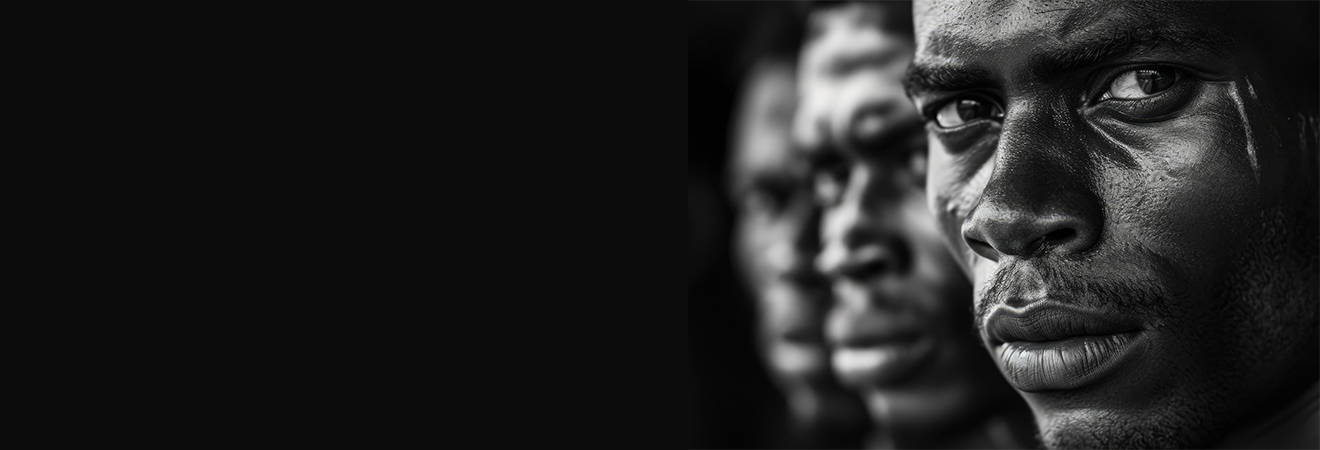
Africa Struggles for Stability and Sovereignty
Turning our gaze to Africa, the continent’s delicate balance and potential for growth stand in contrast to ongoing rifts and armed conflicts. After Colonialism plundered the countries and created a divided continent, the African continent is Emerging from the shadows of colonial exploitation, Africa’s nations are striving to carve out their place in the global community. Unlike many countries in the west, Africa is not saddled by debt. (check this statement as many African countries are in debt to China) Potential is already there, where the GDP of Sub-Saharan Africa is said to increase by 800% until 2050.
In the Last year, the Sahel of Africa witnessed 3 coup d’état that led to the ousting of previous regimes in Mali, Burkina Faso, and Niger. US and its allies’ relations with Africa have been characterized by pressuring African governments to uphold respect of their citizen’s human rights. Today, most African leaders obtained their power through violation of people’s human rights, and they keep that power by those means under the world’s sights.
In the past decade, various dormant conflicts have resurfaced, such as the escalating tensions between Egypt and Ethiopia over the Renaissance Dam, the dispute between Morocco and Algeria concerning the Sahara Desert And the ongoing humanitarian crises in the eastern Democratic Republic of Congo.
In the Democratic Republic of Congo, a crucial player in this global chessboard, grapples with internal challenges amidst a complex web of regional and international interests. An estimated 6.1 million people are currently internally displaced in DRC, a 17 per cent increase from October 2022.
Recent conflicts in the DRC and its eastern regions have led to heightened tensions with neighboring countries, notably Burundi and Rwanda. The international community’s relative silence on the situation has allowed militant activities along the borders to persist, particularly in the context of competition over valuable mineral resources.
The world is grappling with growing conflicts and increasing divisions. However, the critical question remains: What would be the impact on the Democratic Republic of Congo if a World War 3 were to erupt? As we examine the complexities of global issues, it is evident that the DRC is potentially facing an additional five years of sustained injustice amidst these turbulent times.
As we contemplate the DRC’s precarious position, it is essential to envision strategies that affirm sovereignty and stability. The DRC, like the rest of the world, must act, not just react. Could strengthening food security and infrastructure not only fortify the DRC against the tremors of global conflict but also set an example for sustainable development?
Forging a Peaceful and Resilient Path Ahead
We hover on the brink of catastrophe, and the international community seems paralyzed—like the United Nations (a modern-day League of Nations). Yet, amidst the fractures and foreshocks, there is room for hope, for action, and for leadership that dares to steer us away from a past that left the world in ashes.
Preparing for a worst-case scenario involves a multi-thronged approach: solidifying food security, diversifying economic output, stockpiling crucial resources, and improving infrastructure to fortify the DRC’s sovereign capabilities. The possibility of a third world war is an ominous cloud casting its bleak shadow across nations, communities, and future generations. As the World watches the Russia-Ukraine, Israel-Hamas, and China-Taiwan conflicts, leaders must realize that War does not solve issues, good diplomacy and sensible discussions can reap better results.
As nations stand on the precipice of division or unity, the DRC—like many other nations—faces choices that could define its role in a potentially fragmented future. The world inches closer to the brink of another large-scale war, driven by major powers’ military posturing and an apparent disregard for the everyday struggles of people across the globe.
No state can expect to be shielded from the fallout, least of all the Democratic Republic of Congo—a nation that stands at the intersection of vast potential and profound challenges. The DRC, while navigating its own fraught path, reflects the larger global narrative: as we stare into the abyss of possible global conflict, it is the decisions made at these crossroads that will determine whether the specter of World War III remains just that—a dark possibility—or manifests as a devastating reality.
The collective challenge is to embrace cooperative frameworks, enforce peace, and uphold human dignity, aligning our actions with the lesson’s history has taught us. By doing so, the world, especially nations like the DRC that stand to lose the most, might steer away from a precipice which leads not to opportunity, but to an abyss from which return is uncertain.
It is not just about the threat of war—it is about the resilience and adaptability of nations like the DRC in the face of such peril. It is about finding a way to wield partnership over power, diplomacy over destruction. As citizens of this interconnected global village, can we find solidarity in our shared vulnerabilities and strengths!

